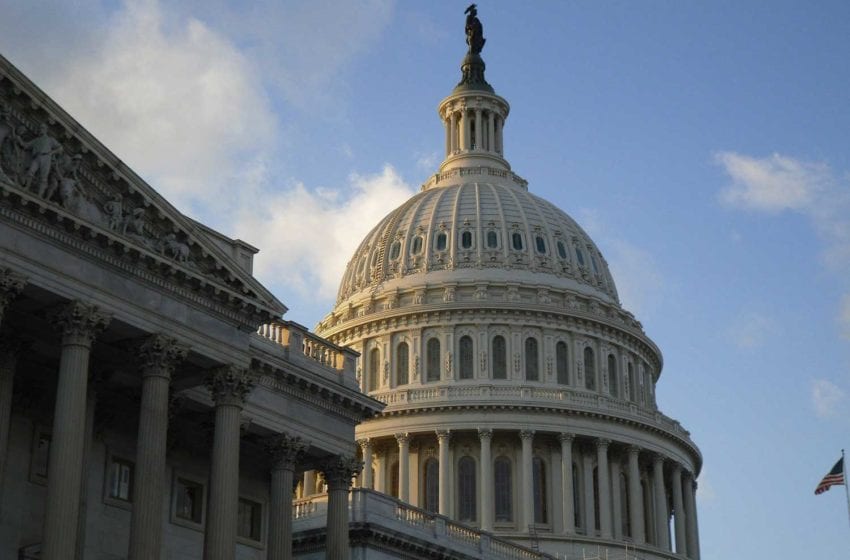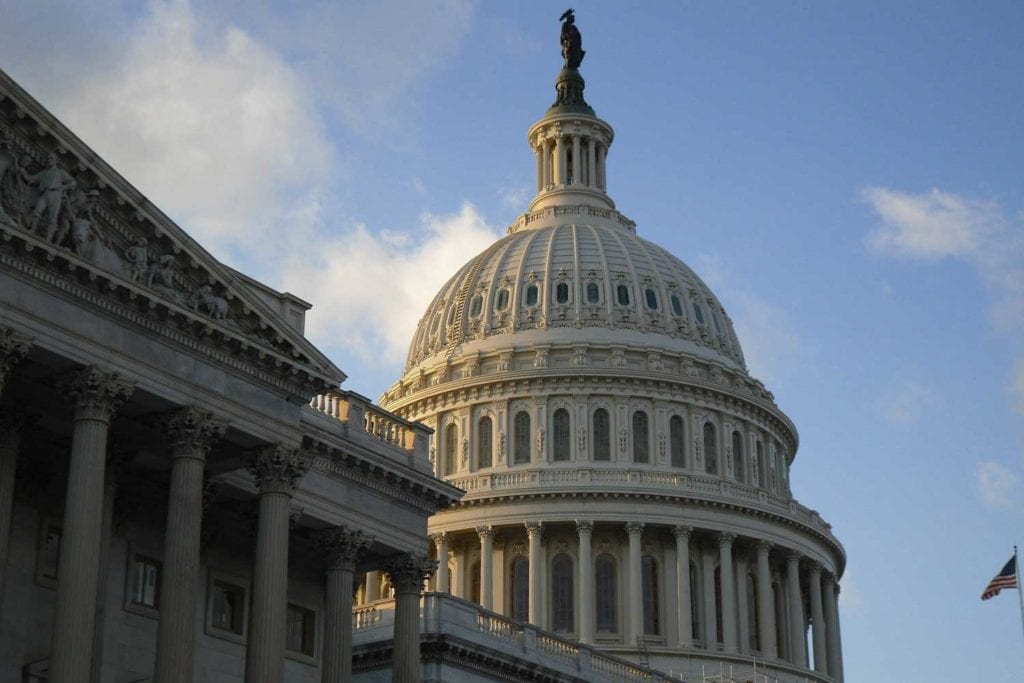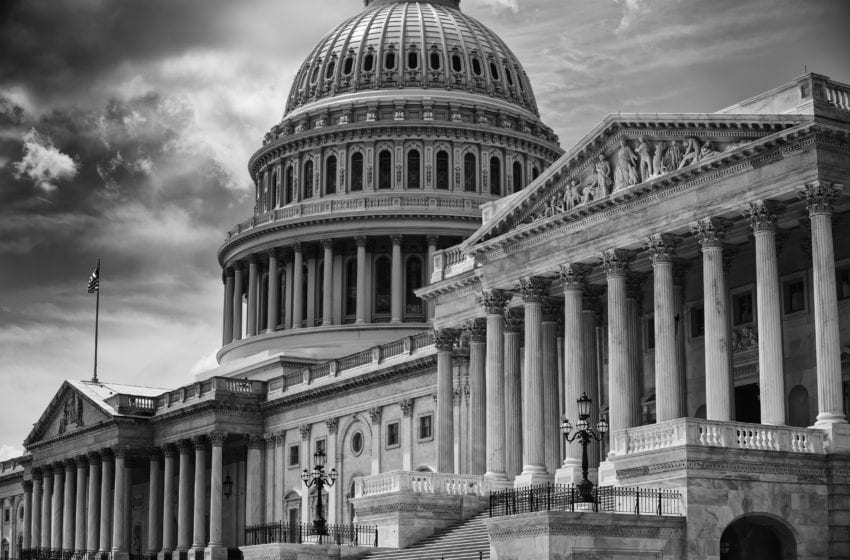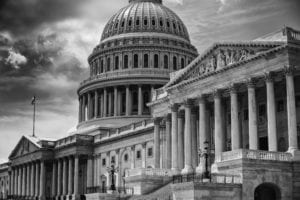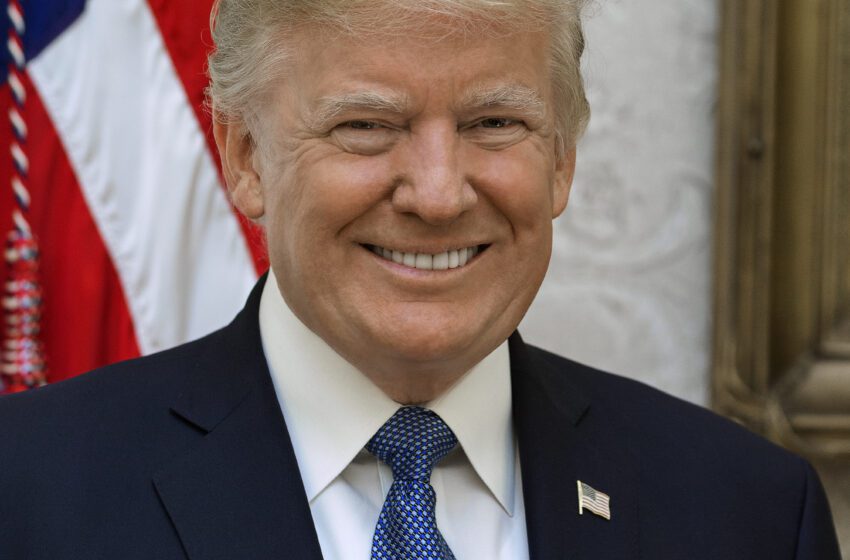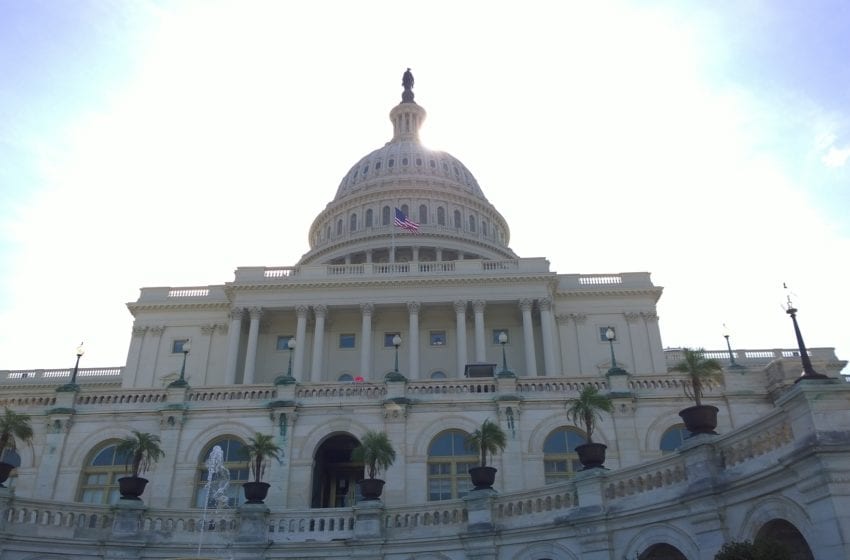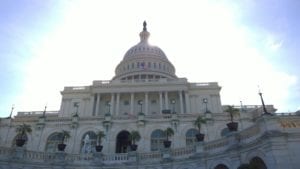
The chairman of a congressional committee is demanding that the U.S. Food and Drug Administration turn over documents relating to the agency’s decision not to regulate CBD products.
Rep. James Comer, chair of the House Oversight and Accountability Committee, sent a letter to FDA Commissioner Robert Califf on Monday, announcing an investigation into the agency’s decision and criticizing the “insufficient rationale for inaction” on CBD regulations.
The agency said in January that, after years of review since hemp and its derivatives like CBD were legalized under the 2018 Farm Bill, it determined that there is not a regulatory pathway in place to enact rules allowing the non-intoxicating cannabinoid to be marketed as a food item or dietary supplement.
It said that congressional action is required to develop CBD regulations, according to Marijuana Moment.
Prior to that announcement, Comer had pledged to confront FDA over the lack of regulations for cannabidiol in his capacity as Oversight Committee chairman.
“CBD is an increasingly popular product among adults and has seen an uptick in usage in recent years,” the letter to Califf says, adding that the World Health Organization (WHO) has found CBD to be generally safe and well-tolerated.
The chairman listed “documents and information” that he’s asking FDA to provide to the committee by May 1:
- All documents, communications, and drafts related to the January 26 announcement titled “FDA Concludes that Existing Regulatory Frameworks for Foods and Supplements are Not Appropriate for Cannabidiol, Will Work with Congress on a New Way Forward.”
- All documents and communications relating to the FDA’s assessment of the existing regulatory framework at issue regarding CBD.
- All scientific data, reports, and research in the possession of the FDA relating to the safety of CBD products for consumption.
Congressional lawmakers in the U.S. have refiled a pair of bills meant to provide a pathway for the regulation of hemp derivatives like CBD as dietary supplements and food and beverage additives.


